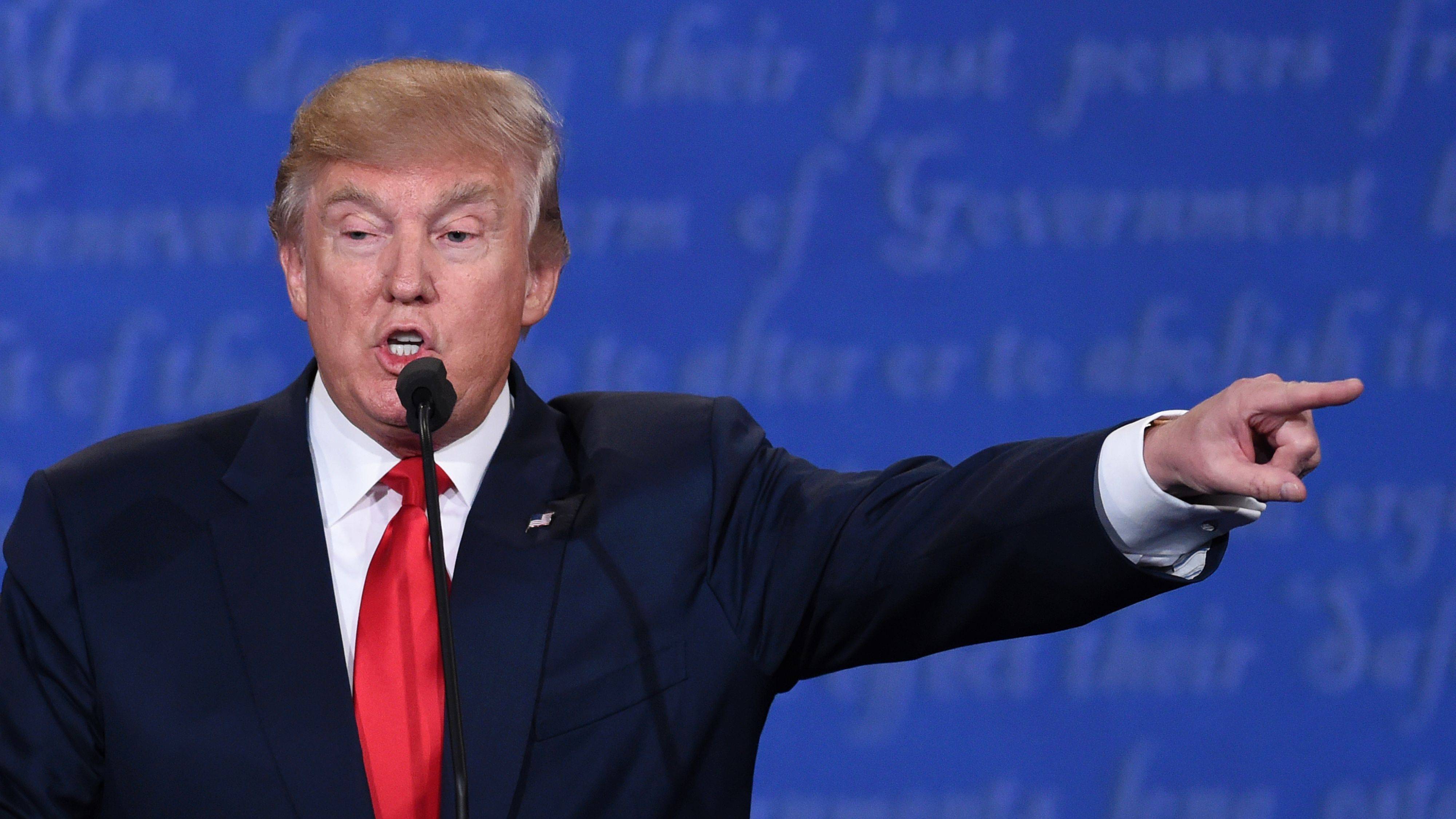
Recently, US President-elect Trump announced a shocking decision at a highly anticipated rally: he will repeal every executive order issued by incumbent President Biden upon taking office. This announcement not only shook the US political arena but also sparked widespread attention and heated discussion globally. Trump's radical stance will undoubtedly have far-reaching impacts on US politics, economy, and society.
At the rally in downtown Washington DC, Trump boldly stated that once he takes office, he will immediately set about repealing all of Biden's executive orders. This decision did not come out of the blue; it is something Trump promised repeatedly during his campaign. He claimed that the 94 executive orders signed by Biden in the early days of his term are the main reasons for the current border issues and economic difficulties in the US. Trump believes that only by completely repealing these orders can the US restore its "strength" and address the border crisis and economic issues that are most concerning to voters.
Trump's decision is clearly a comprehensive rejection of the Biden administration's policies. During his tenure, Biden signed a series of executive orders aimed at alleviating social inequality, protecting the rights and interests of immigrants, and promoting green economic development in response to the impact of the pandemic and economic recovery. However, Trump and his team believe that these policies have not only failed to solve the problems but have also exacerbated social divisions and made the issues more complex. Therefore, they have decided to regain public support by revoking these orders, especially on the border and economic issues that are most concerning to voters.
Trump's aides have already begun preparing for his second term. According to CNN, Stephen Miller, appointed by Trump as a presidential assistant, has provided a detailed list to Republican members of Congress, revealing a series of executive orders that Trump plans to issue in the early days of his second term. These orders cover various aspects such as immigration, energy, and government structure, aiming to fully revoke the Biden administration's policies and introduce new policies that align with Trump's political philosophy.
On the issue of immigration, Trump plans to take a series of tough measures. He intends to declare a national emergency to address the border crisis and may impose travel bans, restricting entry into the US from certain countries or regions. Trump also plans to formally resume the process of the Migrant Protection Protocols, which includes the controversial "Title 42". This clause once allowed the US to quickly expel entrants on public health grounds but was criticized by some human rights organizations. Trump believes that these measures are necessary to maintain national security and border order.
At the government level, Trump plans to grant himself greater powers. He intends to massively fire non-partisan federal employees to cut government spending and improve administrative efficiency. At the same time, Trump also plans to end the remote work policy for federal employees and require them to return to the office. Furthermore, he has proposed a controversial plan to formally establish the US Government Efficiency Department. This department will be responsible for overseeing the operation of government agencies to ensure that they implement policies efficiently and transparently. Trump believes that these measures will enhance the government's execution capacity and credibility.
In the energy sector, Trump plans to take a series of measures to promote US energy independence and economic growth. He intends to focus on infrastructure projects such as pipeline construction and offshore drilling to promote domestic energy production and transportation. At the same time, Trump also plans to lift the ban on liquefied natural gas exports, allowing for more energy exports. Additionally, he intends to withdraw from the Paris Climate Agreement again, a decision that may elicit widespread criticism from the international community. Trump believes that these measures will promote US economic growth and job creation.
However, Trump's series of anticipated executive orders are not without controversy. Repealing Biden's executive orders requires following certain legal procedures and regulations and may trigger some legal disputes and controversies. The Biden administration and its supporters may argue that these policies violate the US Constitution and legal principles and seek to block them through judicial channels. Furthermore, whether Trump's political philosophy can receive widespread support and recognition is also a question worth paying attention to.
Trump's radical decision will undoubtedly have far-reaching impacts on US politics, economy, and society. Repealing Biden's executive orders means that Trump will reshape the US administrative system according to his own philosophy and policy direction. This will involve policy adjustments in multiple areas, including energy, environment, immigration, technology, and more. However, the specific implementation and effects of this decision require further observation and evaluation.
Trump's decision will undoubtedly cause ripples in the US stock market. The stock prices of companies in the new energy sector and other related fields that have been supported by Biden's executive orders may be impacted. On the other hand, the traditional energy sector may see a turnaround. Additionally, overall market uncertainty will increase, as investors may be concerned about sudden policy changes and find it difficult to accurately judge the direction of future economic development.
In summary, Trump's decision to repeal every executive order issued by Biden is a radical and bold attempt. This decision will have far-reaching impacts on US politics, economy, and society. However, whether Trump can successfully implement this plan and achieve his expected results requires the test of time and practice. Regardless, this decision has already sparked widespread attention and discussion, becoming a hot topic on the US political stage.

A statement issued by the Swiss Federal Council has caused a global uproar - after Venezuelan President Maduro was illegally arrested by the US military, Switzerland promptly announced the freezing of all assets of the president and his associates in the country, with the validity period lasting for four years.
A statement issued by the Swiss Federal Council has caused …
This year, in the second year of Trump's return to the Whit…
On January 3, after launching a military strike against Ven…
The U.S. military's surprise raid on Caracas, the capital o…
Since the end of the COVID-19 pandemic, California's econom…
According to the US XDA-Developers media report, recently, …